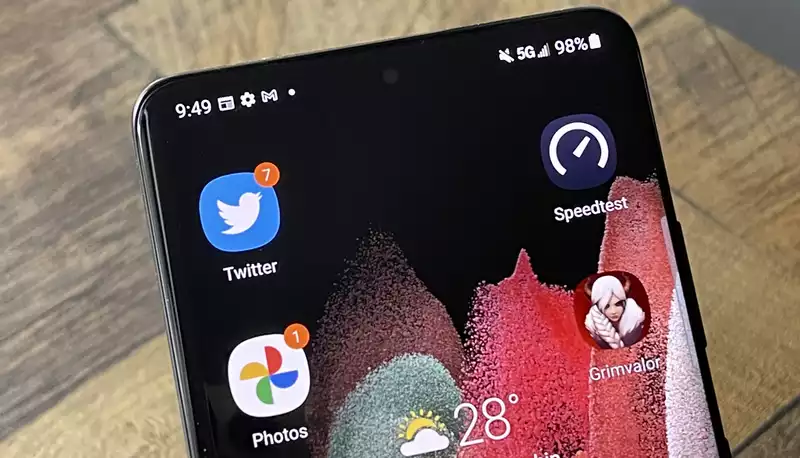In our review of the Samsung Galaxy S21 Ultra, we found that Samsung's latest flagship outperforms the iPhone 12 Pro Max when it comes to 5G speeds. But the S21 Ultra has the potential to deliver the fastest 5G speeds we've heard of, at least under ideal circumstances.
PCMag's Sascha Segan exceeded 3 Gbps on a Samsung Galaxy S21 Ultra using Verizon's millimeter wave (mmWave) 5G. He was standing right next to a Verizon 5G panel, so conditions were near optimal in the real world, but his results are nonetheless astounding.
The Galaxy S21 Ultra is the perfect phone to test what mmWave can do because it uses Qualcomm's latest X60 5G modem. Segan achieved this result in New York City, one of 61 cities where Verizon has installed mmWave towers.
We are still in the early stages of the 5G revolution and, as in the 4G era, there is still room for growth. However, with results like those published in S21 Ultra, the potential is great.
The reason Verizon is pushing mmWave so hard is that it could really change the game for the mobile Internet. Its weakness, however, is its very short communication range. Segan stood directly across from the Verizon panel and saw this 3Gbps-plus result: one block away, the speed drops by half. Thus, the possibilities are very exciting, but the disadvantages are also worth knowing.
Physical obstructions such as buildings and windows seem to affect millimeter waves. Once indoors, one could lose half of the insane transmission speed of 3 Gbps. These are known weaknesses of mmWave, and while impressive, they indicate that it has a long way to go before it is fully practical for all. And while Verizon hopes to add 20 more cities to its ranks of mmWave-based ultra-wideband by the end of this year, it will undoubtedly take time for the rest of the United States to reach its full effectiveness.
mmWave is only part of Verizon's 5G initiative. Verizon also has a nationwide 5G network built on low-band spectrum that reaches an estimated 230 million people. Low-band spectrum has a greater reach than mmWave, but is much slower. In fact, Verizon customers have seen low-band 5G speeds that are slower than LTE.










Comments